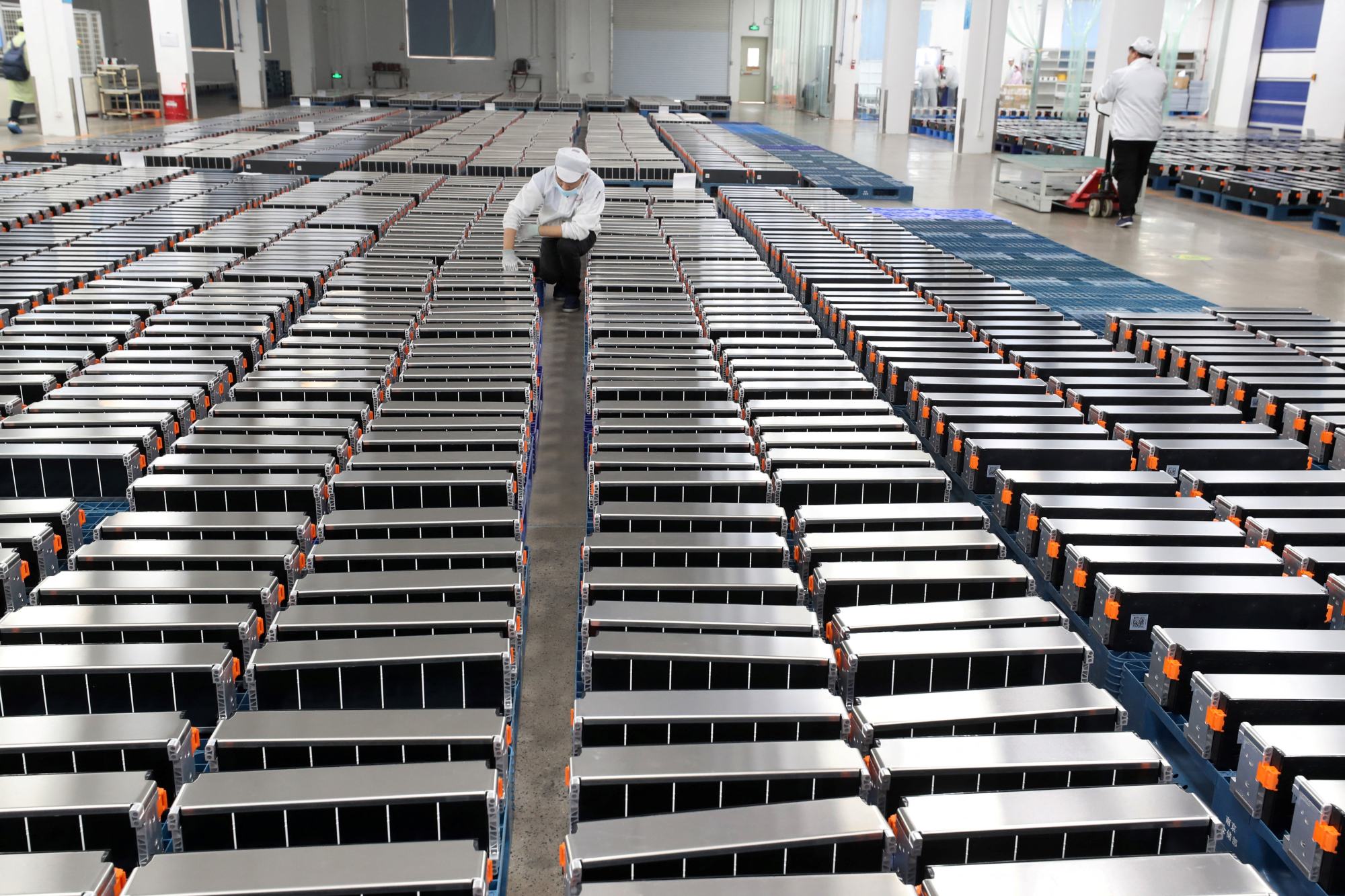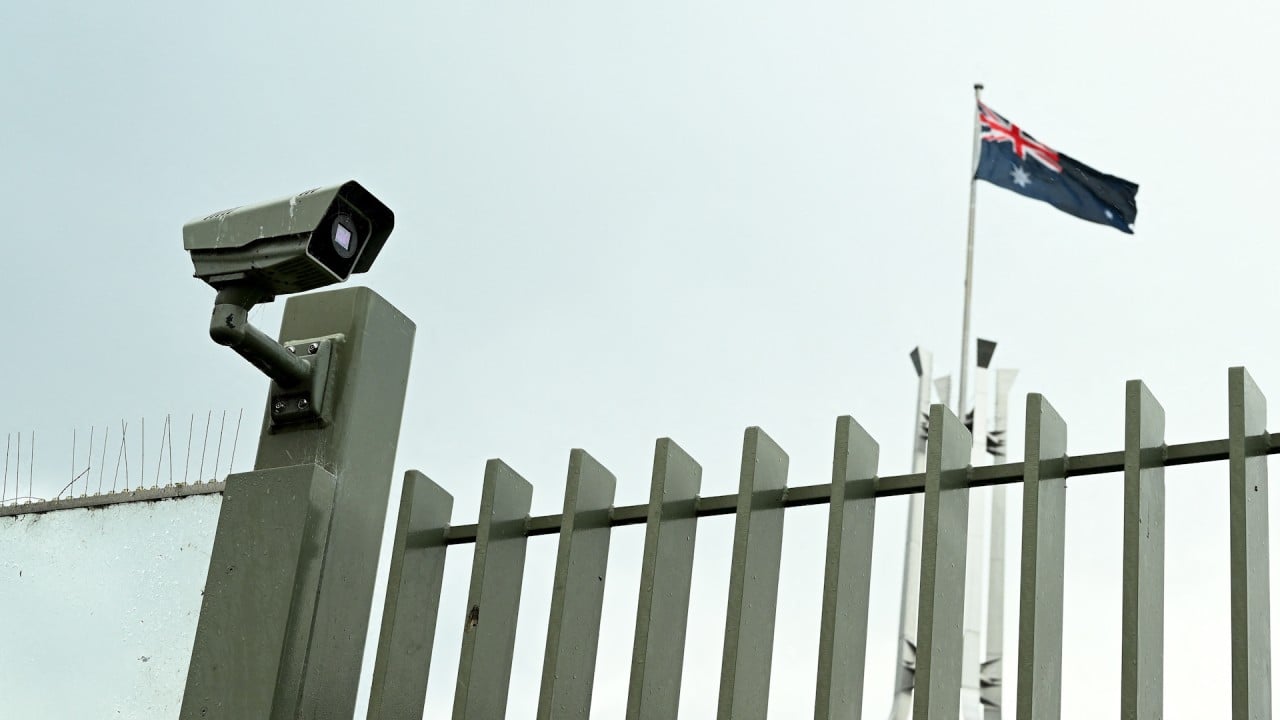
Australia’s national security in spotlight as it steps up screening foreign investments in ‘sensitive’ sectors
- Australia will tighten screening investment interest in critical minerals, technology, infrastructure, and undertake on-site visits of foreign-owned investments
- Stricter rules are no surprise since Australia has to protect critical assets, analysts say, but collaboration with China in green energy would be unavoidable
Australia’s Treasurer Jim Chalmers on Wednesday unveiled changes to foreign investment rules, describing growing threats from intensifying geopolitical tensions.
Can Australia, China put aside differences to drive green tech mining?
To balance economic benefits from foreign investments – which were key to the economy – and to protect national security, Australia would step up screening investment interests in critical minerals, technology and infrastructure.
Chalmers said the overhaul was not targeted at specific countries, such as China, which has been accused of foreign interference in Australia in the past. Any foreign investment applications involving “sensitive data sets” or were close to defence sites would be more closely looked at, he said.
Canberra would also undertake on-site visits of foreign-owned investments while low-risk deals would receive faster approvals.
The nation’s premier bilateral business association, the Australia China Business Council (ACBC), said Chinese investors would not be surprised by the changes.
“[The changes] continue a process by the Australian government that has been under way for some time to enhance a risk-based assessment process for the monitoring and approval of foreign investments,” ACBC president David Olsson told This Week in Asia.

Olsson said investors would welcome a speedier process that comes with the overhaul, given a backlog in approvals, and that they continued to see Australia as an attractive destination for non-sensitive industries.
But to achieve a greener economy, and in an era of “profound energy transformation”, Australia must be open to collaborating with China given its knowledge in green technology, he said.
“To forgo collaboration would be counterproductive in the race to a net-zero emissions world economy, when China is leading globally across all decarbonisation fronts.”
Last month, amid improved China-Australia bilateral relations, the ACBC hosted Ren Hongbin, chairman of the China Council for the Promotion of International Trade, and a 100-person delegation from China. That was the biggest business delegation from China since former Chinese premier Li Keqiang’s visit in 2017.
As nickel prices plunge globally, Australia scrambles to save its mining sector
Research from think tanks such as the Australia-China Relations Institute has shown that Australian mining could receive a boost from China’s global advantage in areas like critical minerals processing.
While China’s approach to managing environmental costs has been questioned, the nation dominates the global supply chain for critical minerals and Australia could enhance its economic security by leveraging China’s capabilities, said a March analysis by the institute’s researchers Xunpeng Shi and Marina Yue Zhang.
A Chinese investment consultant in Australia who requested anonymity was less sanguine about the changes, telling This Week in Asia the latest foreign investment changes had all the hallmarks of targeting China, especially since the US and Western nations had been trying to decouple the critical minerals supply chain from China.

Past overhauls have drawn Beijing’s ire.
In 2020, after diplomacy between the two nations took a nosedive, Australia changed its investment rules for the first time in over 40 years to “safeguard” pandemic-hit companies, prompting China’s commerce ministry to warn Australia that its foreign investment policy should be “fair and non-discriminatory”.
Beijing in 2021 accused Canberra of “politicising” business deals after then-treasurer Josh Frydenberg said he would block state-owned China State Construction Engineering Corporation’s bid for an Australian builder, on national security grounds.
Like ACBC’s Olsson, Doug Ferguson, KPMG’s head of Asia & International Markets, said the latest changes should not be viewed as “enormously surprising”.
Ex-Australia envoy sues New Zealand minister over comments about his China ties
The protection of critical assets were understandably important to Australia, and these rules clarified to investors how to plan deals or investments, he said.
The takeaway from the changes was that Australia still welcomed foreign investments, but there would be more oversight, he added.
“If you look at the way Australian foreign investment policies have evolved, compared with other Western democracies, they were less restrictive or Draconian.”
Ferguson said his team continued to receive inquiries from Chinese investors, though the level of investments fell significantly in recent years.
‘Nest of spies’
It was revealed earlier this week that Australia in 2020 ejected spies working for the Indian government.
Two officers from India’s foreign intelligence service were expelled from Australia, according to The Washington Post. Australia’s national broadcaster said government officials had confirmed India was behind the “nest of spies” that Australia’s spy chief Mike Burgess warned of in 2021.
According to the Australian Broadcasting Corporation, the Indian spies were allegedly trying to steal defence and trade secrets, and were monitoring Indians living in Australia.


